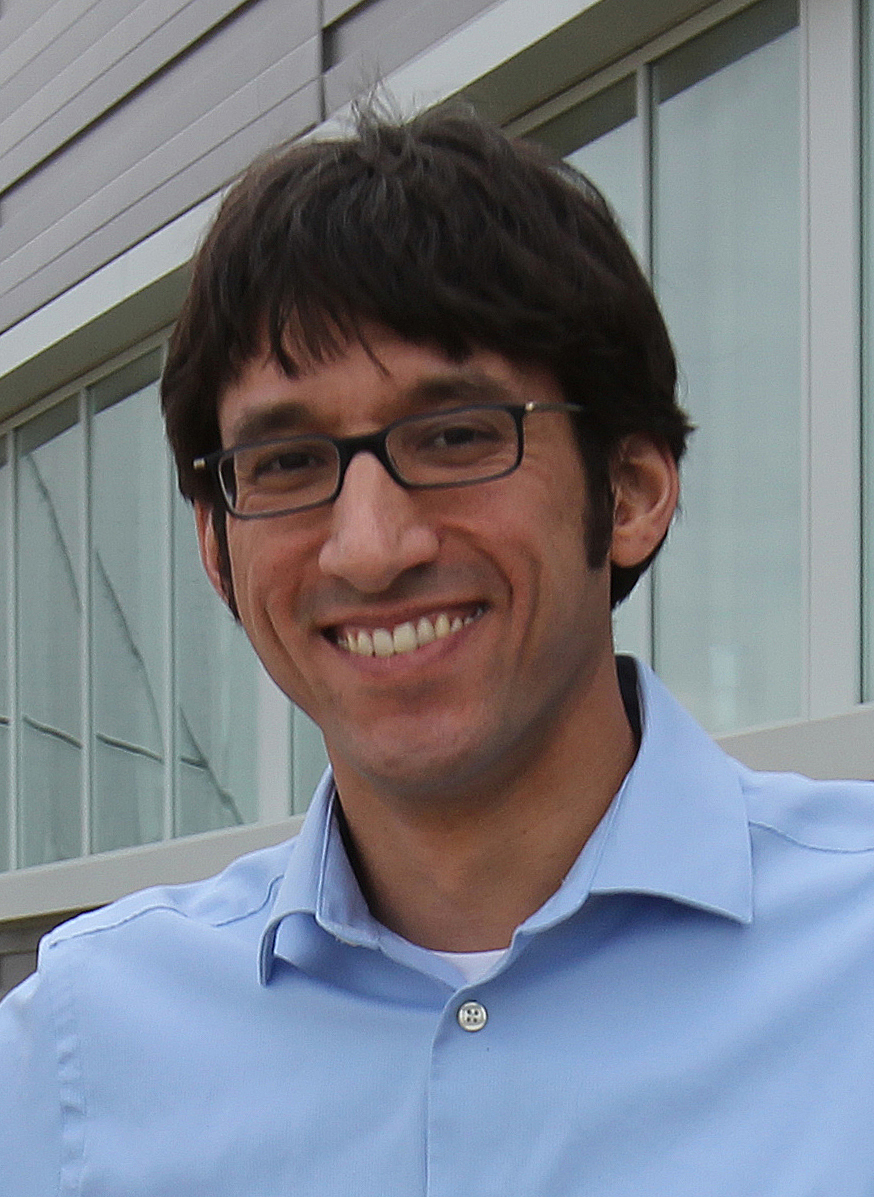Post-doctoral fellows at the University of Lethbridge will soon have a new administrative home with the establishment of the Office of Postdoctoral Affairs.
“We’ve had post-doctoral fellows on this campus for a number of years now,” says Dr. Robert Wood, dean of Graduate Studies and Post-Doctoral Affairs. “In the past, they were considered trainees. That changed recently with the passing of Bill 7 and now they are considered employees, creating some needs institutionally to provide further accommodation.”

The U of L typically has between 35 and 50 post-docs (PDFs) on campus at any given time. Most are paid through a faculty member’s research grant but they may also be funded independently. They, along with graduate students, form the backbone of research activity at research-intensive universities like the U of L.
“Post-docs have had some difficulties in the past accessing campus services in an appropriate way and they’re becoming a larger and more important aspect of our community,” says Wood. “This office will help give some foundation to the kind of experience that we need to be able to provide to them. It’s not just about getting them here; it’s also about, once they’re here, making sure they have a stellar experience.”

Woods agrees that many PDFs aspire to academic careers but adds that a growing number pursue careers in industry and non-academic organizations in the public sector. The Office of Postdoctoral Affairs will help ensure their experience and training sets them up for success in any career trajectory they choose.
Dr. Gerlinde Metz, a professor of neuroscience and a Tier 1 Board of Governors Research Chair, first came to the U of L as a post-doctoral fellow. She was funded through what was then known as the Alberta Heritage Foundation for Medical Research (now Alberta Innovates-Health Solutions) as a post-doc and then was a senior scholar from 2003 to 2015.

“The opportunities and facilities of the Canadian Centre for Behavioural Neuroscience and the funding provided by AHFMR at that time helped me make the decision to stay at the U of L,” says Metz.

The Office of Post-Doctoral Affairs will be housed in Research Services and supervised by Wood.
While most post-docs work in science departments, others from social sciences and humanities disciplines have also completed fellowships at the U of L.
“It’s something that I’d like to see expand across the faculties and disciplines,” says Wood.
